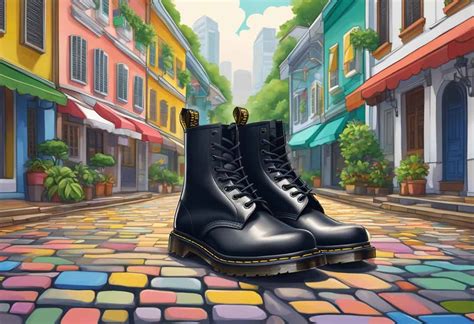An itching throat and coughing can be a real pain in the neck. Not only are they annoying, but they can also make it difficult to sleep, eat, and concentrate.

The good news is that there are a number of things you can do to stop an itching throat and coughing. Here are 7 effective strategies:
1. Stay hydrated
One of the best ways to stop an itching throat and coughing is to stay hydrated. When your throat is dry, it can become irritated and inflamed, which can lead to coughing. Drinking plenty of fluids will help to keep your throat moist and soothe the irritation.
2. Gargle with salt water
Gargling with salt water is a simple and effective way to relieve an itching throat and coughing. The salt water will help to kill bacteria and reduce inflammation. To make a salt water gargle, dissolve 1/2 teaspoon of salt in 8 ounces of warm water. Gargle for 30 seconds, then spit out the water. Repeat several times a day.
3. Use a humidifier
A humidifier can help to add moisture to the air, which can help to soothe an itching throat and coughing. If you have a humidifier, use it in your bedroom at night. You may also want to use a humidifier in other areas of your home, such as your living room or office.
4. Suck on a lozenge
Sucking on a lozenge can help to soothe an itching throat and coughing. Lozenges contain ingredients that can help to numb the throat and reduce inflammation. There are a variety of over-the-counter lozenges available, so you can find one that suits your taste.
5. Take a hot shower
Taking a hot shower can help to loosen mucus and soothe an itching throat. The steam from the shower can also help to clear your sinuses and reduce congestion.
6. Get plenty of rest
When you’re sick, it’s important to get plenty of rest. Rest will help your body to fight off the infection and heal. Aim for 8-10 hours of sleep per night.
7. See a doctor
If your itching throat and coughing are severe or don’t improve after a few days, see a doctor. There may be an underlying medical condition that is causing your symptoms.
In addition to the 7 effective strategies listed above, here are a few tips and tricks that may help to stop an itching throat and coughing:
- Avoid smoking and secondhand smoke. Smoke can irritate your throat and make coughing worse.
- Avoid caffeine and alcohol. Caffeine and alcohol can dehydrate you, which can make your throat dry and irritated.
- Eat a healthy diet. Eating a healthy diet will help to boost your immune system and fight off infection.
- Exercise regularly. Exercise can help to improve your circulation and reduce stress, both of which can help to improve your overall health and well-being.
When you’re trying to stop an itching throat and coughing, it’s important to avoid making the following common mistakes:
- Don’t overdo it. It’s important to get plenty of rest, but don’t overdo it. Too much sleep can make you feel groggy and tired.
- Don’t ignore your symptoms. If your itching throat and coughing are severe or don’t improve after a few days, see a doctor.
- Don’t take antibiotics without a prescription. Antibiotics are only effective against bacterial infections. If your itching throat and coughing are caused by a virus, antibiotics will not help.
| Cause | Symptoms |
|---|---|
| Allergies | Itching, watery eyes; sneezing; runny nose |
| Common cold | Sore throat; cough; runny nose; congestion |
| Flu | Fever; chills; muscle aches; fatigue; cough |
| Laryngitis | Hoarseness; sore throat; cough |
| Pharyngitis | Sore throat; difficulty swallowing; cough |
| Sinusitis | Facial pain; pressure; congestion; runny nose; cough |
| Tonsillitis | Swollen tonsils; sore throat; difficulty swallowing; cough |
| Remedy | How it works |
|---|---|
| Gargling with salt water | Kills bacteria and reduces inflammation |
| Using a humidifier | Adds moisture to the air and soothes the throat |
| Sucking on a lozenge | Numbs the throat and reduces inflammation |
| Taking a hot shower | Loosens mucus and soothes the throat |
| Getting plenty of rest | Helps the body to fight off infection and heal |
| Medication | How it works |
|---|---|
| Decongestants | Shrink swollen nasal passages and reduce congestion |
| Expectorants | Help to thin mucus and make it easier to cough up |
| Cough suppressants | Suppress the cough reflex |
| Antihistamines | Block the effects of histamines, which can cause itching, sneezing, and a runny nose |
| Symptom | When to see a doctor |
|---|---|
| Fever over 101 degrees Fahrenheit | Within 24 hours |
| Severe sore throat | Within 24 hours |
| Difficulty breathing | Immediately |
| Chest pain | Immediately |
| Coughing up blood | Immediately |
















